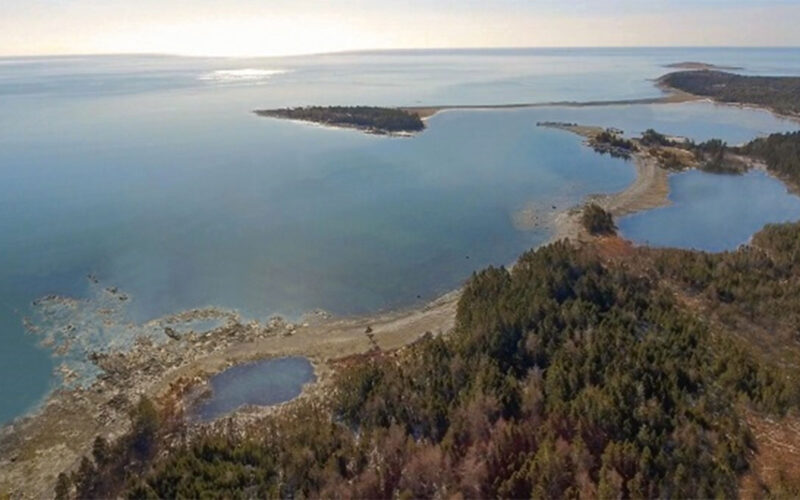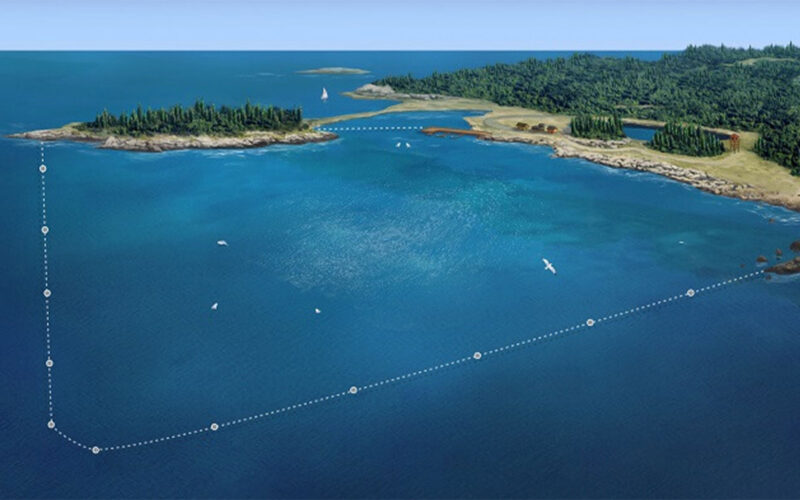February 1, 2023
The Whale Sanctuary Project’s vision is a world in which whales, dolphins, and porpoises are no longer confined to concrete tanks in entertainment parks and aquariums.
The Whale Sanctuary Project is on a mission to end the exploitation of captive whales and dolphins globally and to retire each of these magnificent creatures to seaside sanctuaries for a better life. The organization also provides aid to captive and free-ranging cetaceans in need through hands-on assistance and leadership, shared expertise, and education.
Whales and dolphins are complex, intelligent creatures with unique personalities. In the wild, they live in close family pods, build strong emotional bonds, and migrate thousands of miles a year. Also, they often extend displays of friendship toward humans. But tragically, this has led to more than 3,000 whales and dolphins being held in captivity in small tanks, where they are trained to entertain people in exchange for food and confined with little stimulation, which often leads to stress, boredom, and aggression. The Whale Sanctuary Project, along with other animal protection organizations around the world, has documented many of their sad stories, revealing the physical and psychological suffering of whales in captivity.
The sanctuary will provide lifetime care in a natural setting that’s as close as possible to what the whales would experience in the wild.

After an extensive search, the Whale Sanctuary team selected Port Hilford, Nova Scotia, as the ideal location for a gold-standard sanctuary.
The Whale Sanctuary Project was founded with the goal of creating an “authentic” sanctuary as a model and gold standard for other sanctuaries around the world. This sanctuary will provide a natural, ocean environment, enclosed by a state-of-the-art net, since captive whales are unlikely to survive independently in the wild. Location is everything, requiring specific environmental conditions, limited impact on local wildlife, and minimal boat and human traffic. In 2020, after a meticulous search, the Whale Sanctuary Project’s team of experts selected 100 acres in Port Hilford Bay, Nova Scotia, as the ideal sanctuary site. The William H. Donner Foundation has provided support for the project, whose Canadian location is particularly meaningful given William H. Donner’s deep philanthropic interest in the U.S. and Canada and his establishment of foundations in both countries.

State-of-the-art nets will enclose the sanctuary’s 100 acres of ocean.
Since 2020, the Whale Sanctuary team has conducted extensive testing of water and environmental conditions in order to proceed through the permitting stage, and designed a first-of-its-kind netting system. In this planning, the team has always recognized that the sanctuary is on the traditional territory of the Mi’kmaq Peoples. Indigenous community members took part in the opening of the organization’s Operations and Visitors Centre and an Indigenous social and environmental assessment is informing construction. The Whale Sanctuary team is aiming to welcome the first whale to a new life in Port Hilford Bay by the end of 2023.